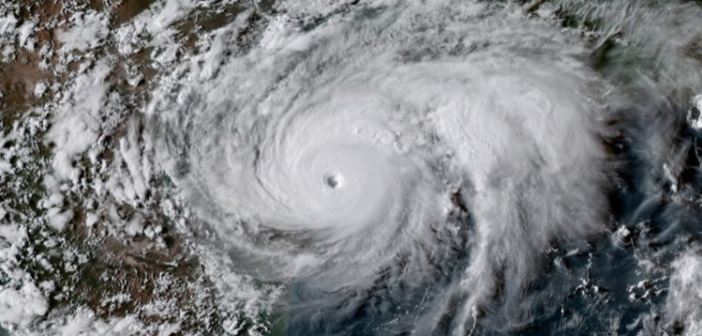Warmest Oceans on Record Adds to Hurricanes, Wildfires Risks
Parts of the Atlantic, Pacific and Indian Oceans all hit the record books for warmth last month, according to the U.S. National Centers for Environmental Information. The high temperatures could offer clues on the ferocity of the Atlantic hurricane season, the eruption of wildfires from the Amazon region to Australia, and whether the record heat and severe thunderstorms raking the southern U.S. will continue.
In the Gulf of Mexico, where offshore drilling accounts for about 17% of U.S. oil output, water temperatures were 76.3 degrees Fahrenheit (24.6 Celsius), 1.7 degrees above the long-term average, said Phil Klotzbach at Colorado State University. If Gulf waters stay warm, it could be the fuel that intensifies any storm that comes that way, Klotzbach said.
“The entire tropical ocean is above average,” said Michelle L’Heureux, a forecaster at the U.S. Climate Prediction Center. “And there is a global warming component to that. It is really amazing when you look at all the tropical oceans and see how warm they are.”
The record warm water in the Gulf of Mexico spilled over into every coastal community along the shoreline with all-time high temperatures on land, said Deke Arndt, chief of the monitoring section at the National Centers for Environmental Information in Asheville, North Carolina. Florida recorded its warmest March on record, and Miami reached 93 degrees Wednesday, a record for the date and 10 degrees above normal, according to the National Weather Service.
While coronavirus has the nation’s attenton right now, global warming continues to be a threat. Sea water “remembers and holds onto heat” better than the atmosphere, Arndt said.
Overall, the five warmest years in the world’s seas, as measured by modern instruments, have occurred over just the last half-dozen or so years. It’s “definitely climate-change related,” said Jennifer Francis, a senior scientist at the Woods Hole Research Center in Massachusetts. “Oceans are absorbing about 90% of the heat trapped by extra greenhouse gases.” Read more:
https://gcaptain.com/warmest-oceans-on-record-adds-to-hurricanes-wildfires-risks/?utm_source=feedburner&utm_medium=feed&utm_campaign=Feed%3A+Gcaptain+%28gCaptain.com%29&goal=0_f50174ef03-974560819d-139841865&mc_cid=974560819d&mc_eid=fd2798f293




